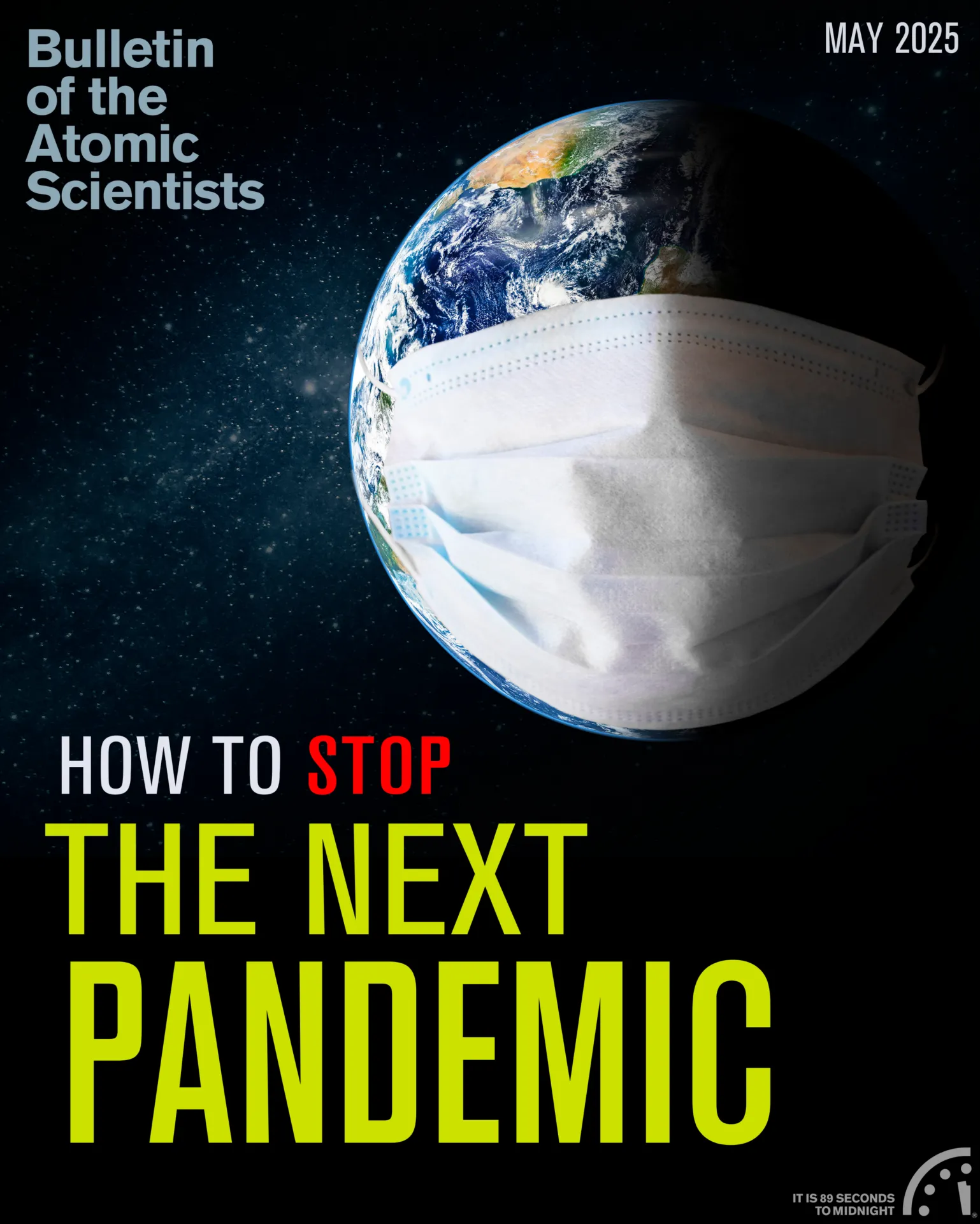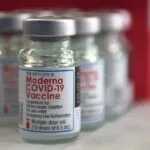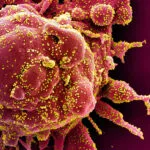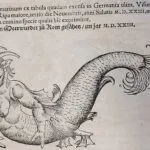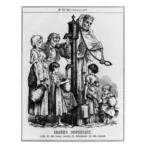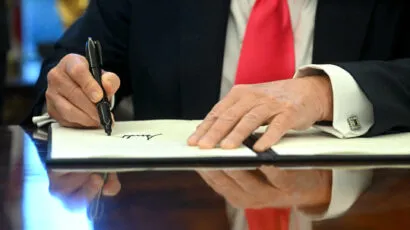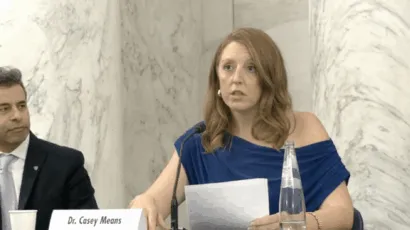Benkler, Y., Faris, R. and Roberts, H. 2018. Network propaganda: Manipulation, disinformation, and radicalization in American politics. Oxford: Oxford University Press. https://doi.org/10.1093/oso/9780190923624.001.0001
Bing, C. and Schectman, J. 2024.”Pentagon ran secret anti-vax campaign to undermine China during pandemic.” Reuters Investigates. June 14. https://www.reuters.com/investigates/special-report/usa-covid-propaganda/
Bradshaw, S., Bailey, H., & Howard, P. N. (2021). Industrialized disinformation: 2020 global inventory of organized social media manipulation. Computational Propaganda Project at the Oxford Internet Institute. https://demtech.oii.ox.ac.uk/wp-content/uploads/sites/12/2021/01/CyberTroop-Report-2020-v.2.pdf
Broniatowski, D. A., Jamison, A. M., Qi, S., AlKulaib, L., Chen, T., Benton, A., Quinn, S. C. and Dredze, M. 2018. “Weaponized health communication: Twitter bots and Russian trolls amplify the vaccine debate.” American Journal of Public Health, 108(10), pp. 1378–1384. https://doi.org/10.2105/AJPH.2018.304567
DiResta, R., Grossman, S. and Siegel, A. 2022. “In-house vs. outsourced trolls: How digital mercenaries shape state influence strategies.” Political Communication. 39(2), pp. 222–253. https://doi.org/10.1080/10584609.2021.1994065
Fuchs, C. 2018. Digital demagogue: Authoritarian capitalism in the age of Trump and Twitter. London: Pluto Press.
Fuchs, C. 2021. “Everyday life and everyday communication in coronavirus capitalism.” Communicating COVID-19: Everyday life, digital capitalism, and conspiracy theories in pandemic times. Bingley: Emerald Publishing Limited, pp. 17-61.
Galeotti, M. 2020. Russian political war: Moving beyond the hybrid. London: Routledge & CRC Press.
Gerrits, A. W. M. 2020. “Russia in the changing global order: Multipolarity, multilateralism, and sovereignty.” Hosli, M. O. and Selleslaghs, J. (eds.) United Nations University Series on Regionalism. Cham: Springer, pp. 85-107.
Helmus, T. C., Bodine-Baron, E., Radin, A., Magnuson, M., Mendelsohn, J., Marcellino, W. and Winkelman, Z. 2018. Russian social media influence: Understanding Russian propaganda in Eastern Europe. Santa Monica, CA: RAND Corporation.
Hutchings, S., Tolz, V., Chatterje-Doody, P., Crilley, R. and Gillespie, M. 2024. Russia, disinformation, and the liberal order: RT as populist pariah. Ithaca: Cornell University Press.
Jolley, D. and Douglas, K. M. 2014. “The effects of anti-vaccine conspiracy theories on vaccination intentions.” PLoS ONE, 9(2), p. e89177. https://doi.org/10.1371/journal.pone.0089177
Laclau, E. and Mouffe, C. 2014. Hegemony and socialist strategy: Towards a radical democratic politics. 2nd edn. London: Verso.
Lewandowsky, S., Ecker, U. K. and Cook, J. 2017. “Beyond misinformation: Understanding and coping with the ‘post-truth’ era.” Journal of Applied Research in Memory and Cognition, 6(4), pp. 353-369.
Markelov, M. 2024. “I investigated millions of tweets from the Kremlin’s troll factory—and discovered classic propaganda techniques reimagined for the social media age.” The Conversation. February 26. https://theconversation.com/i-investigated-millions-of-tweets-from-the-kremlins-troll-factory-and-discovered-classic-propaganda-techniques-reimagined-for-the-social-media-age-237712
Markelov, M. 2025. “Strategic deception.” Digital Culture & Society (DCS): Vol. 10, Issue 1/2024–Digital War: Media Strategies and Visual Politics during the Full-Scale Attack of Russia on Ukraine, 18, p. 97.
Marwick, A. and Lewis, R. 2017. Media manipulation and disinformation online. New York: Data & Society Research Institute.
Rid, T. 2020. Active measures: The secret history of disinformation and political warfare. London: Daunt Books.
Starbird, K., Arif, A. and Wilson, T. 2019. “Disinformation as collaborative work: Surfacing the participatory nature of strategic information operations.” Proceedings of the ACM on Human-Computer Interaction, 3(CSCW), pp. 1-26.
Starbird, K., DiResta, R. and DeButts, M. 2023. “Influence and improvisation: Participatory disinformation during the 2020 US election.” Social Media + Society, 9(2), p. 20563051231177943.
Tsygankov, A. P. 2016. Russia’s foreign policy: Change and continuity in national identity. Lanham: Rowman & Littlefield.
Wardle, C. 2018. “The need for smarter definitions and practical, timely empirical research on information disorder.” Digital Journalism, 6(8), pp. 951-963.
Wardle, C. and Derakhshan, H. 2017. Information disorder: Toward an interdisciplinary framework for research and policymaking (Vol. 27). Strasbourg: Council of Europe.
Warner, E. L., Barbati, J. L., Duncan, K. L., Yan, K. and Rains, S. A. 2022. “Vaccine misinformation types and properties in Russian troll tweets.” Vaccine, 40(6), pp. 953–960. https://doi.org/10.1016/j.vaccine.2021.12.040
Weitz, R. (2020, November 13). Assessing the Russian Disinformation Campaign During COVID-19. The International Centre for Defence and Security (ICDS). https://icds.ee/en/assessing-the-russian-disinformation-campaign-during-covid
Woolley, S. C. and Howard, P. N. (eds.) 2018. Computational propaganda: Political parties, politicians, and political manipulation on social media. Oxford: Oxford University Press.
Zannettou, S., Caulfield, T., De Cristofaro, E., Sirivianos, M., Stringhini, G. and Blackburn, J. 2019. “Disinformation warfare: Understanding state-sponsored trolls on Twitter and their influence on the web.” Companion Proceedings of the 2019 World Wide Web Conference, pp. 218-226.

